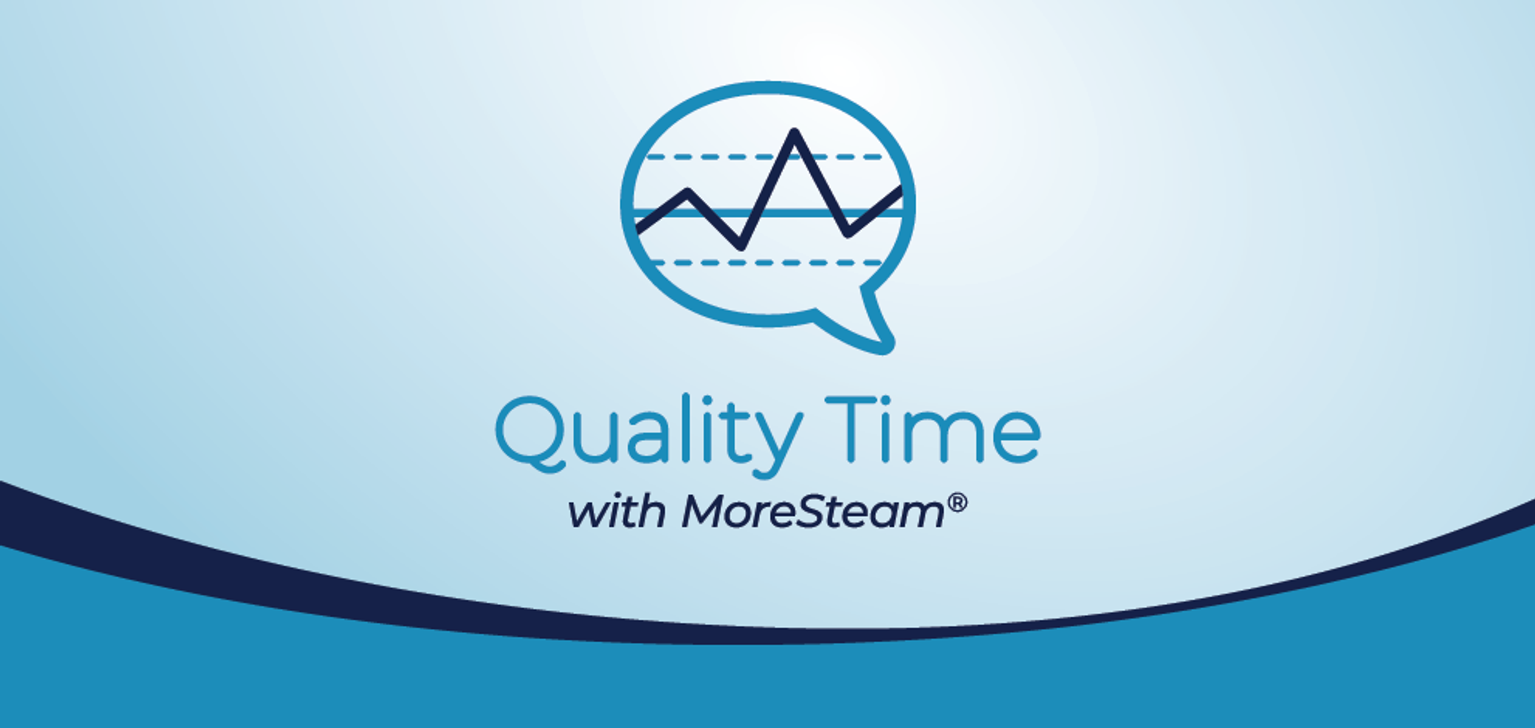Resources for Operational Excellence

How to Use Six Sigma Simulations for Better Training Outcomes
April 3, 2025
Discover the most effective and overlooked tool in Lean Six Sigma training. Six Sigma Simulations build real capability, confidence, and real-world readiness.
Lean Six Sigma
- What is Lean Six Sigma?
- Lean Six Sigma Belt Levels Explained
- What is Lean Thinking?
- What is the DMAIC Methodology?
- Selecting the Right Black Belt Training and Certification Program for You
- Should I Become a Master Black Belt?
- Lean Six Sigma Nutrition
- Applying Lean to Six Sigma Training
- Teaching the next generation of Lean Six Sigma problem-solvers
- Machine Learning to Improve Lean Six Sigma Training
- Leaning, But Not Running, Toward Six Sigma
Education & Blended Learning
- Blended Learning Manifesto
- How AI Chatbots are Changing the Future of Professional Learning
- Keeping Up: Pacing Teaching Methods with Technology
- Effectiveness of the Blended Learning Model
- Blended Learning Keeps Classroom Productive
- Back to Kindergarten: Why Project-Based Learning Gets Results
- 900 Project Charters and Counting
- Lies, Damned Lies, and...Checklists
- Moving Lean Simulations to a Virtual Setting
- Better Methods to Learn Better Methods
- 4 Keys to Making Your Virtual Study Halls a Success
Design & Process Modeling
- What is Discrete Event Simulation?
- Best Process Modeling Tools of 2025
- 3 Lean Six Sigma Success Stories: How Discrete Event Simulation Drives Process Transformation
- What is Design for Six Sigma?
- Process Modeling Produces Transformational Recipe for Success
- Process Modeling Fuels Operational Excellence in High-Stakes Industry
- The Possibilities of Process Modeling in Automotive
- Reflections on How Far Process Modeling Has Come
- The Impact of Process Modeling: Reducing Queue Times for COVID Testing
- Getting Started with Design of Experiments: Part 1
Data & Statistics
- The Next Essential Tool for Root Cause Analysis
- How to Have Your Cake (and Eat it Too)
- Gauge R&R Acceptability
- An Introduction to CAPA
- Characteristics of a Well-Designed Experiment
- Exploring the Power of Response Surface Methodology
- Making Sense of Power & Sample Size
- Control Charts: The Key Tool for Process Improvement
- Process Capability with Non-Normal Data
- The Use of Dummy Variables in Regression Analysis
- Charting Non-Normal Data
- Descriptive Statistics Don't Tell the Whole Story





















